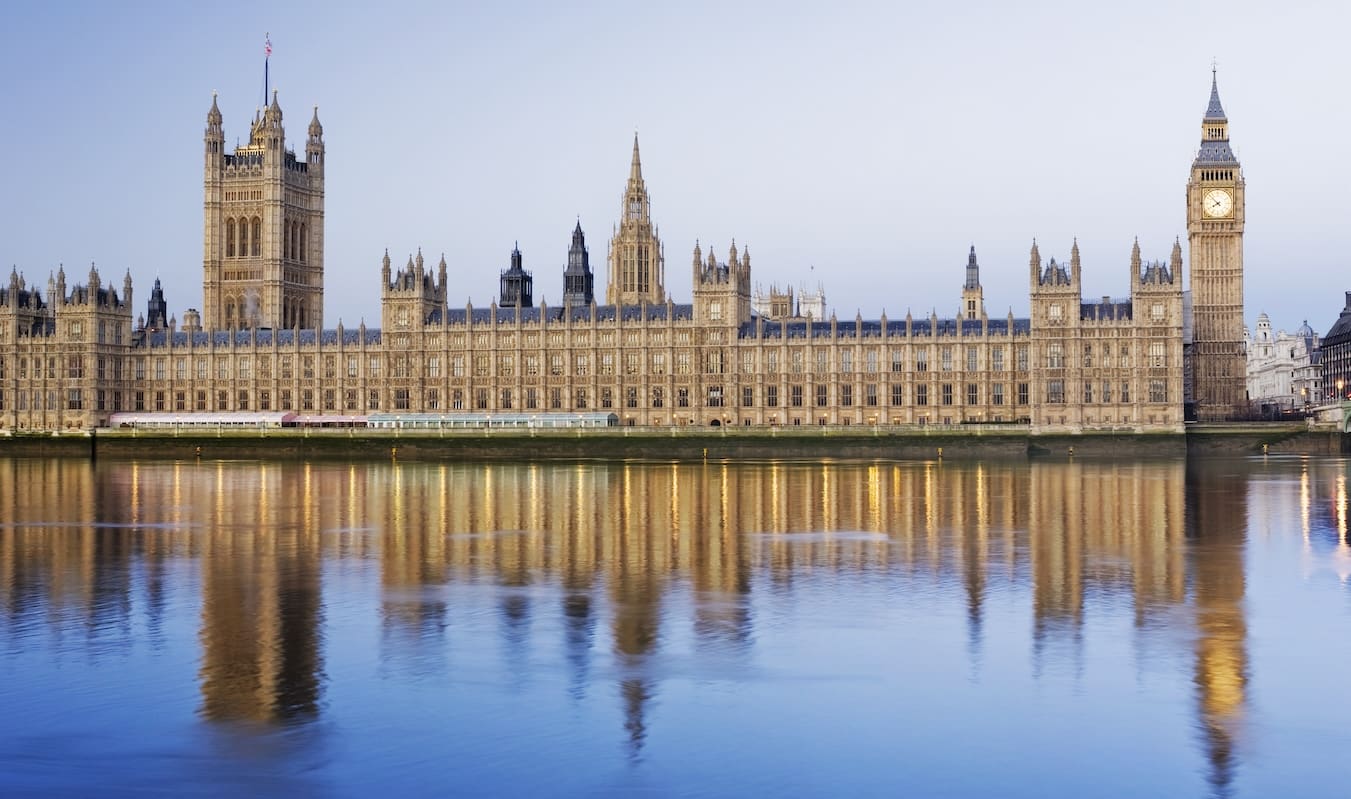Buying a UK property to rent can be an excellent investment, providing an additional source of income and generating capital.
However, as a landlord, there are certain legal requirements and responsibilities that you need to know about and meet. This helps to keep your tenants safe, maximise your rental yield and help ensure a problem-free tenancy.
Here at Cobb Farr, we have a specialised rental team to help you navigate these landlord requirements. To assist you, we’ve created a landlord responsibility checklist to guide you through each step including finding your ideal tenant, carrying out all checks, signing contracts and meeting your maintenance responsibilities.
Landlord checklist: Before you rent
Decide whether you’ll use an Estate Agent
Start by choosing whether you’ll rent privately and manage your responsibilities yourself or choose an Estate Agent like Cobb Farr to take care of everything for you. With a dedicated rentals team, unrivalled service, and a landlord-friendly fee structure, we can look after inventories, tenancy agreements, deposit protection and help you arrange any maintenance required.
Get consent from your mortgage lender
If you want to rent your property, you must get consent from your mortgage lender or else you could be in breach of contract. You’ll usually have to pay a higher rate of interest, a fee or both. For this reason, it’s worth shopping around for buy-to-let mortgages if you plan to rent long-term.
Consider Landlord Insurance
Your usual home insurance won’t cover a buy-to-let property so it’s worth considering specialised Landlord Insurance. Although it’s not mandatory (unless you’re securing a buy-to-let mortgage) it protects your home from tenant damage whilst also protecting you from lost rental income, unexpected legal costs and more.
Find out if you need a licence to rent a shared house
You may need to get an HMO (House in Multiple Occupation) if you rent to at least three people who are not from one household and share facilities such as a bathroom or kitchen. This is commonly known as a ‘houseshare’ and is often rented to college or university students. Find out if you need one by visiting the UK government website.

Property safety checklist
Get a Gas Safety Certificate
All rental properties are legally required to obtain a gas safety certificate called a ‘CP12 certificate’ from a Gas Safe Engineer to prove that the gas appliances, pipes and flues are safe. You’ll then be given a Landlord Gas Safety Record (LGSR) with details of all the checks that were carried out and provide a copy to your tenant.
Get an Electricity Safety Certificate
Before you can rent out your property, you’ll need a qualified electrician to carry out an Electrical Installation Condition Report and provide an Electrical Safety Certificate to prove that the property is safe to be inhabited. A copy of these reports should be given to your tenant and local authority, if requested. Find guidance here.
Make sure you have an Energy Performance Certificate (EPC)
Do you have an Energy Performance Certificate (EPC)? If not, you’re legally required to obtain one before you rent out your property. This measures how energy efficient your home is and provides recommendations for improvements, if necessary. Find an Energy Assessor here.
Get a Fire Risk Assessment
Have you carried out a Fire Risk Assessment? As a landlord, you are legally obliged to do this before you rent your property, whether you do it yourself or hire a specialised company. Also, ensure that any furniture you provide conforms to safety standards and has the labels intact to prove this.
Install smoke and carbon monoxide alarms
Check and install smoke alarms on each floor and ensure they’re working before your new tenant moves in. A carbon monoxide alarm should also be fitted in any room with a solid fuel-burning appliance. Find out more about your responsibilities here.

Landlord checklist: preparing your rental property
Make sure your property is clean and safe
Every part of the property should be clean, tidy, and free from rubbish, both inside and outside. This includes kitchens, bathrooms, carpets, garden, and entrance. Any furniture provided should also be clean and in good condition before your tenant moves in.
Check whether your property is fit for human habitation
Ensure that your rental property is free from hazards like damp, poor ventilation, poor insulation to ensure that you comply with the Homes (Fitness for Human Habitation)
Act 2018. Find out more here.
Check that everything works
All fixtures, fittings and appliances should be checked before you rent out your property to ensure that it is working. This includes light switches, central heating, the oven, taps and smoke alarms.
Make sure you supply instruction manuals
As a landlord, you must ensure your tenants have instructions on how to work the central heating, oven, and any other appliances you have provided.
Finding your ideal tenant
Decide how much rent you will charge
Look at similar properties in your area to decide how much rent you should charge your tenants. If you’re struggling, speak to our friendly rentals team at Cobb Farr for help.
Decide how to find your ideal tenant
By creating an attractive advert that highlights the advantages of your rental property and features good-quality photographs can help you find a tenant faster. We can take care of this for you at Cobb Farr.
Decide how much deposit you will ask
Tenants usually pay one month’s rent in advance plus a deposit of the same amount and additional fees. We can advise you about this.
Conduct a Right to Rent Check?
Any tenants over the age of 18 must have a legal right to rent a property in the UK. As a landlord, it’s your responsibility to carry out the Right to Rent Check. Find out how to do this and which documents you need here.
Get references from your tenant
Protect your home and ensure you receive your rental income by conducting referencing checks such as ID, employment, rental, and credit history. Rent your property with Cobb Farr Estate Agents and we can take care of this for you.
Starting the tenancy
Sign the tenancy agreement
A tenancy agreement is a legal document that sets out the terms and conditions of your rental and must be signed by both parties. Before your tenant moves in, make sure this is signed.
Give your tenant the ‘How to Rent’ Guide
The How to Rent Guide is a UK government publication for tenants and landlords to help them understand their rights and responsibilities. Read the guide then give a copy to your tenant (either a hard copy or by email) at the start of their tenancy.
Protect your tenant’s deposit
You must put the deposit you receive from your tenant into a UK-government-approved deposit scheme within 30 days. If you rent your property through Cobb Farr, we take care of this for you, protecting your tenant’s deposit through Mydeposits.
Create a full inventory
You should have taken a full inventory of your rental property including photographs and condition reports to keep track of the condition of your property and help avoid tenant disputes if something is damaged or goes missing. We can arrange for these to be carried out on your behalf by a specialist company, if required.
Tell the council about the tenancy
Notify the council about the tenancy so they know who is liable for council tax and you don’t get any nasty surprises.
During The Tenancy
Decide how often you will inspect the property
Most landlords carry out regular inspections to ensure their tenant is taking care of the property and whether there are any new maintenance requirements. Inform your tenant at the start of the tenancy when this will happen and provide at least 24 hours notice beforehand.
Do you know your maintenance responsibilities?
Landlords have a legal duty to carry out regular checks of the property, fixtures and fittings and repair anything in a timely manner. Ensure your tenant knows how to report a problem and how often you need to carry out these checks.
Pay your tax and National Insurance
Many landlords are unaware that they are obliged to pay Income Tax on their rental income and Class 2 National Insurance Contributions if their property rental counts as a business. Find out more here.
Summary
Renting your property in Bath, Bradford on Avon, Wiltshire or Somerset is an astute financial move that provides excellent rental yield while allowing you to build capital.
Follow our landlord checklist for renting a house in the UK and you can ensure you meet your landlord responsibilities, provide a safe, clean, and healthy home for your tenants, and protect your investment.
We can help you take care of your landlord’s responsibilities.
Contact our friendly team at Cobb Farr today to find out how.


